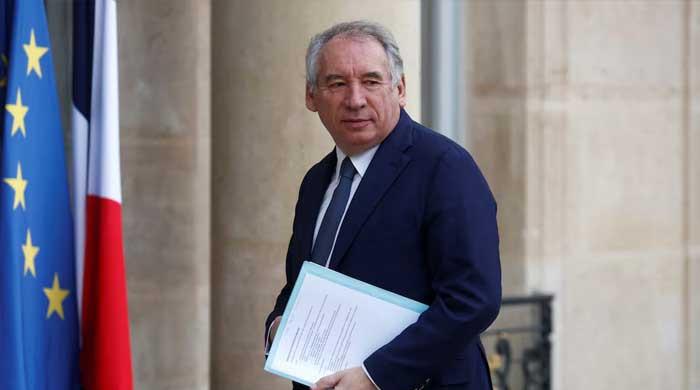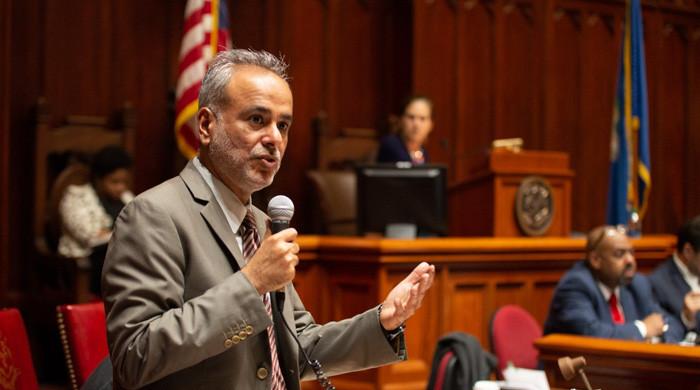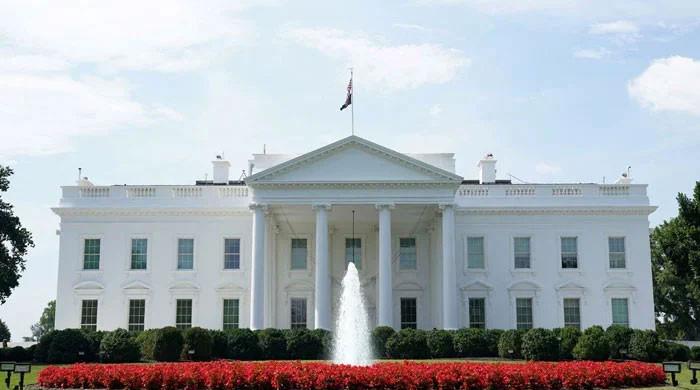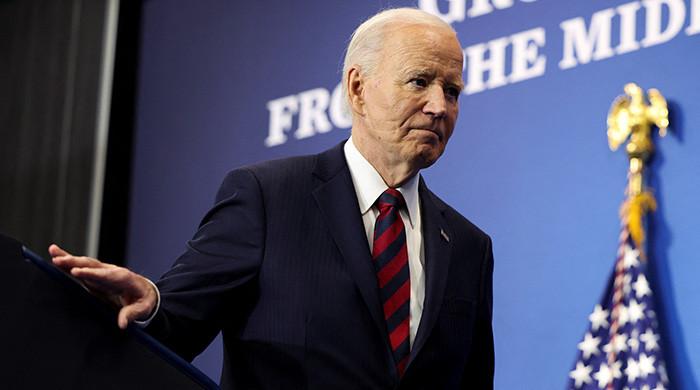Survivors reveal why Greece migrant boat capsized
Survivors of capsized boat claim that coastguard may have caused the harrowing incident that followed
July 01, 2023

- Survivors assert Greek coastguard's actions caused tragic outcome.
- Coastguard, govt's public statements claim no attempt was made to tow boat.
- Shipping ministry says unable to comment on matters being looked into by prosecutors in private capacity.
Survivors of a boat disaster that likely killed hundreds of migrants near Greece have shared how traffickers in North Africa crammed them into a dilapidated fishing trawler as they described the appalling conditions — without food or water — above and below deck.
Others asserted that the Greek coastguard's actions caused the tragic outcome when it occurred.
Legal authorities have been informed of a failed towing attempt by the overloaded trawler that resulted in the capsize of the ship in the early hours of June 14.
According to documentation reviewed by Reuters, six out of the nine survivor statements provided to Greek judicial officials looking into the causes of the tragedy detailed a disastrous coastguard towing attempt.
One of the Syrian survivors claimed that he and other migrants on board the Adriana, which had broken down while trying to reach Italy, yelled "Stop!" after a Greek coastguard vessel fastened a rope to the trawler's bow and started to pull it while gaining speed.
The migrant boat tipped left and right before flipping over, he continued.
Three more witnesses claimed they were unaware of the circumstances leading to the boat's capsize. The nine survivors' names have not been made public, nor have their accounts been published by Reuters.
In contrast to the Greek coastguard's and government's public statements, which claim that no attempt was made to tow the boat and that it capsized when they were about 70 metres away, the statements of the six witnesses are in conflict with those claims.
The shipping ministry, which is in charge of the coastguard, said that it was unable to comment on matters that were being looked into by prosecutors in a private capacity. It is against the law for Greek prosecutors to comment on ongoing investigations.
'It was scary'
On June 17–18, the nine survivors provided the disaster investigators with their testimonies as part of a preliminary investigation.
On June 15, a group of suspected traffickers were detained on charges of manslaughter, smuggling migrants, and causing a shipwreck. They are currently being held in jail while a thorough investigation takes place, which could lead to a trial. They reject any wrongdoing.
Two more survivors who were interviewed separately and requested anonymity out of concern for retaliation from the Greek government also described the towing incident.
One of them, who only gave his name as Mohamed, described the harrowing moments when the Adriana turned over, which he claimed occurred when the coast guard began towing the boat.
“They quickly pulled us, and the boat capsized. It moved to the right, to the left, to the right, and it capsized. People started to fall on each other,” he said.
“People were on top of each other; people were screaming; people were drowning each other. It was nighttime, and there were waves. It was scary.” he added.
On June 15, local media cited survivors claiming that the Adriana had been towed, but a coastguard spokesperson denied the claims of the boat being roped to a coastguard vessel.
However, the coastguard later changed its story, claiming that a boat attached a rope to help approach and communicate, but insisted that it had kept its distance and denied that it had later attempted to tow the trawler.
Former Greek coastguard admiral Nikos Spanos said that it was unlikely a coastguard vessel would have attempted such a risky manoeuvre as towing the capsized trawler.
“Its (the coastguard’s) aim was to establish a better contact to help the vessel and assess the situation. This is my understanding. Because if they had tried to tow it or anything else, it would have been too risky, and this wouldn’t have been the right way to do it," he said.
The claims come after the Adriana, carrying 400–750 migrants from Syria, Egypt, and Pakistan, capsized in Greek waters southwest of Pylos. Rescuers found 104 survivors, but it's unlikely anyone else will be recovered in the deepest part of the Mediterranean.
The coastguard ship's log shows two instances of approaching the Adriana two hours apart.
At 11:40pm, the coastguard vessel tied a rope to the trawler, which had a malfunctioning engine, to allow it to draw closer and talk to those on board to assess the situation and if they needed help, the log said.
The log states that after yelling "No help" and "Go Italy" and untying the rope, Adriana resumed her engine and proceeded west.
At 1:40am, the coastguard vessel returned to inspect the trawler, and within seven minutes, the trawler capsized.
The Adriana boat set off from Tobruk, Libya, on June 10, according to survivor Mohamed, and traffickers took away belongings and bottles of water to accommodate more people.
All 11 survivors paid between $4,500 and $6,000 for the journey, with smugglers promising they would reach Italy in three days. The boat was among thousands of migrants attempting to reach southern Europe this year.
Furthermore, according to EU border agency data, over 50,000 irregular border crossings were detected in the first five months of 2023, up 160% from a year ago.
Additionally, a week after the tragedy near Greece, more than 30 migrants were feared dead after a dinghy headed for Spain’s Canary Islands sank.











